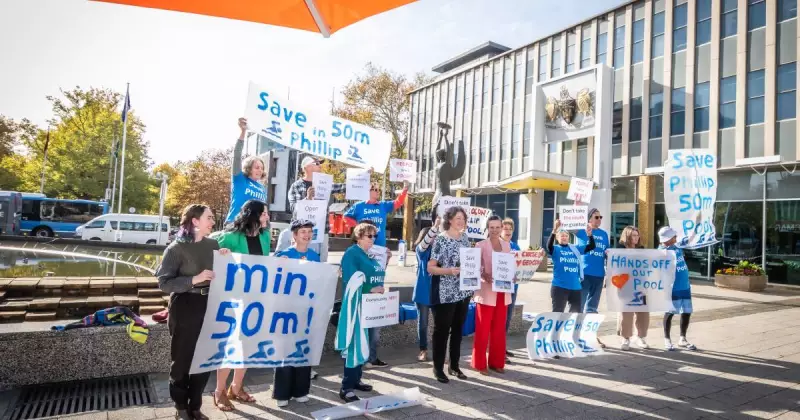
Community Outcry Over Developer-Led Planning in Canberra
Canberra residents are raising serious concerns about developers increasingly determining the city's urban landscape, bypassing what many believe should be government-led planning processes that properly consider community needs. The issue has gained attention following Megan Doherty's recent column "The big splash saga enrages me" published on November 16, 2025, which resonated with widespread community frustrations.
Notorious Development Sagas Continue
Several prominent examples highlight this ongoing tension between commercial interests and community benefit. The Phillip pool situation remains unresolved, with protesters continuing their vigil outside the Legislative Assembly. Similarly, the derelict site of the Canberra Services Club continues to be an eyesore, while Kingston's so-called "Arts Precinct" faces criticism for its tenuous connection to actual arts culture.
As one Barton resident noted, the only artistic link appears to be the clever spelling of "apARTments" in development proposals. The fundamental question being asked across Canberra communities remains: Apart from developers, who actually benefits from these arrangements?
Broader Political and Environmental Concerns
The development debate occurs alongside other significant national issues drawing public commentary. The Tasmanian Parliament faces pressure from the AFL, which has declared "no new billion-dollar oval, no Tassie team." Meanwhile, the federal government faces accusations of using sports as geopolitical leverage with Papua New Guinea.
Climate policy remains another flashpoint, with critics accusing the Liberal and National parties of racing to the political right on environmental issues. The ACT State of the Environment report predicts increasing threats including more severe fire risks, tree die-back, soil erosion, and reduced water storage inflows as the climate warms.
Other concerns raised by Canberra residents include DFAT's passport policies and office expenditure, described as symptomatic of departmental arrogance, and historical corrections regarding the Khemlani loan affair during the Whitlam government era.
The collective voice emerging from these letters to the editor suggests a community deeply engaged with both local development issues and broader national policies that shape Canberra's future character and Australia's direction.





